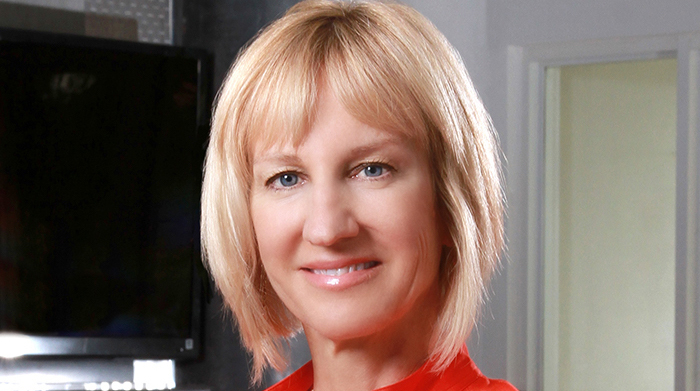By Julie Neitzel
My April 2016 column, “Hedge Funds: Portfolio Friend or Foe?,” discussed some of the challenges facing hedge fund investors and the overall industry. Despite the large investor withdrawals during 2016 ($70 billion, according to the Hedge Fund Association), hedge fund assets under management grew to record levels ($3.25 trillion) as a result of performance gains made year over year, according to Preqin research. Even though there were record hedge fund closings during 2016, there continues to be approximately 10,000 hedge funds in this industry with $3-plus trillion under management.
Although performance during 2016 and 2017 has improved, the HFRX Global Hedge Fund benchmark yields average annual performance in the low single-digit range. Renowned funds such as Pershing Square and Greenlight Capital struggle with low- to negative-performance periods. Hedge Fund Research’s weighted composite has trailed the S&P 500 index by approximately 6.5 percent annually since 2009. With the continued lackluster investment performance by hedge funds, investor frustration continues.
Disruption affects the hedge fund industry in a number of areas:
• The search for alpha (market-beating returns) has been challenged by the strong equity-market environment. The ETF industry has expanded to more than $4 trillion under management, with no signs of slowing down. Competition for investor capital continues.
• Investors continue to demand new and lower fee approaches rather than the traditional “2 and 20”—a 2 percent management fee plus 20 percent of fund profits—to enable alignment with performance metrics.
• Financial technology tools are affecting the traditional hedge fund operating model. Efficiencies in outsourcing certain front- and back-end office operations are commonly used. Artificial intelligence affects investment process decisions, asset allocation (including “robo-advisers”) and talent management tools (such as the Bridgewater algorithm for rating employees).
• The continued and expanding global regulatory oversight environment requires firms to provide ample resourcing to meet compliance requirements.
• Investment innovation beyond traditional securities incorporates passive investments, private equity and crypto-currencies. Over 120 funds launched recently solely focus on bitcoin and digital currencies. Arrington XRP Capital launched a $300 million fund during November that invests in digital assets, with the fund denominated in the cryptocurrency XRP.
• The reduced-fee environment has resulted in talent leaving for other opportunities, including returning to the bank platforms, because proprietary trading by financial service companies might return if the regulatory burdens are eased. Retaining hedge fund firm talent is critical to firms’ continued success.
The “portfolio friend” premise for hedge funds is viable. Their role in protecting the downside risk (i.e., “hedge”) is valuable in an environment in which long-only strategies eventually will experience a market drawdown. The diversification benefit of incorporating uncorrelated strategies merit consideration in an extended equity-market growth cycle. As previously stated, a carefully chosen portfolio of hedge funds can generate more attractive risk-adjusted returns. However, the challenge lies in identifying those hedge funds managers that can, in fact, add value. Remember, there are at least 10,000 from which to choose, so be sure to get professional guidance from qualified advisers.
In my April column, I discussed the 2007 wager (of $1 million) that Warren Buffett made with a prominent hedge fund manager. Buffett bet that a low-cost S&P 500 Index fund would outperform high-fee hedge funds over a 10-year period, which ended on Dec. 31, 2017. The hedge fund manager conceded during April 2017 that he lost the bet given the projection that hedge fund investments would generate one-third less than the low-cost index fund. A local charity in Nebraska will benefit from the nearly $2 million generated from the wager.↵
Julie Neitzel is a partner and adviser with WE Family Offices in Miami and a board member of the Miami Finance Forum, The Miami Foundation, NACD-Florida and Heico Corporation. Contact her at julie.neitzel@wefamilyoffices or 305.825.2225.














